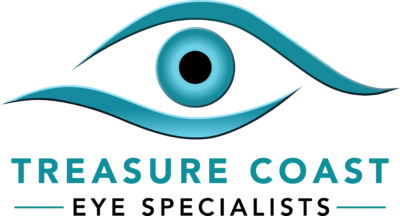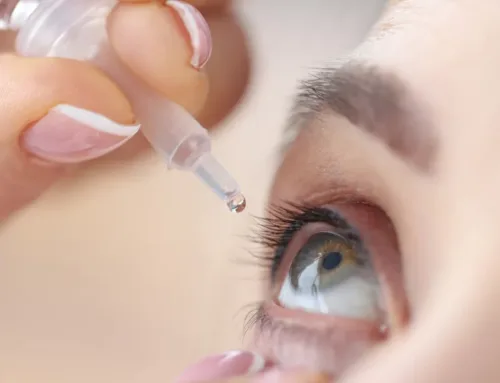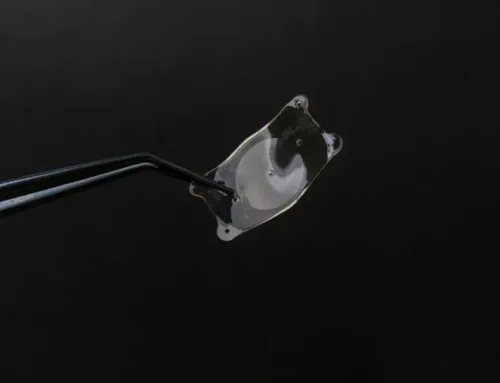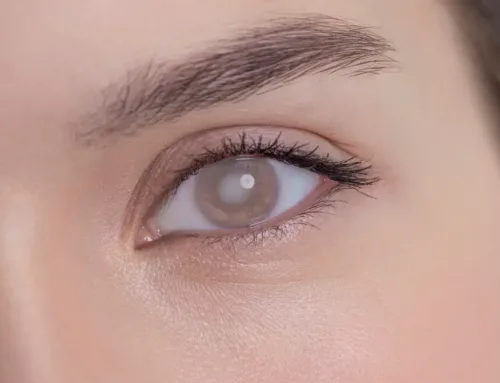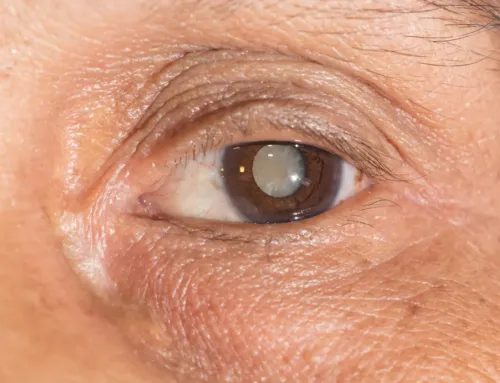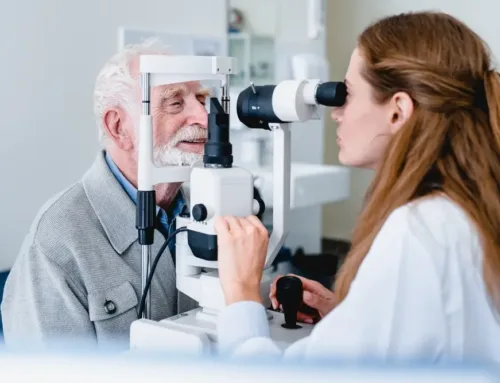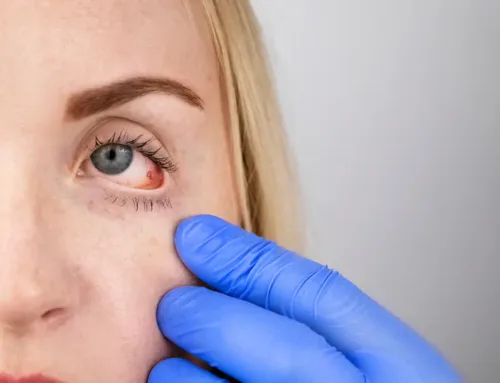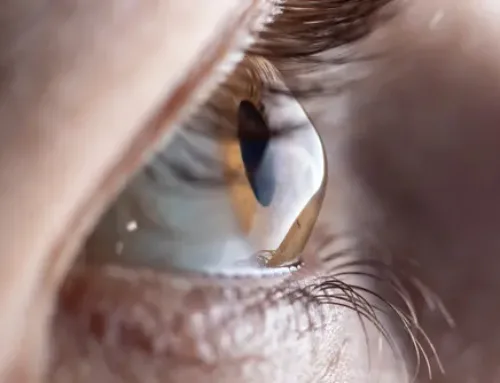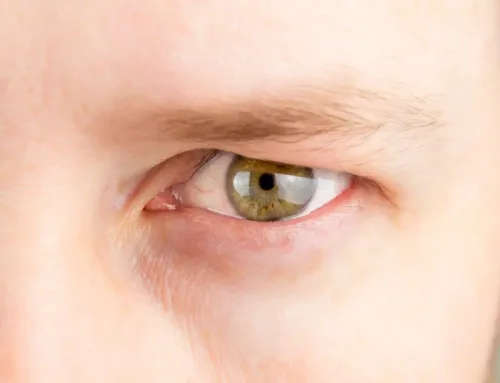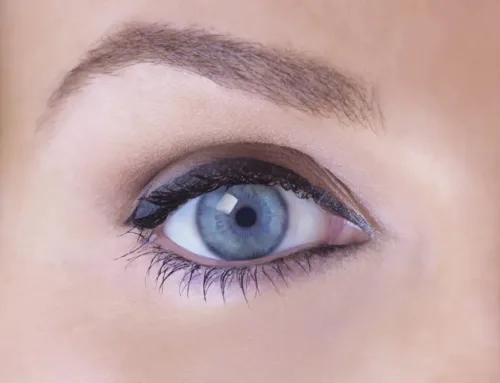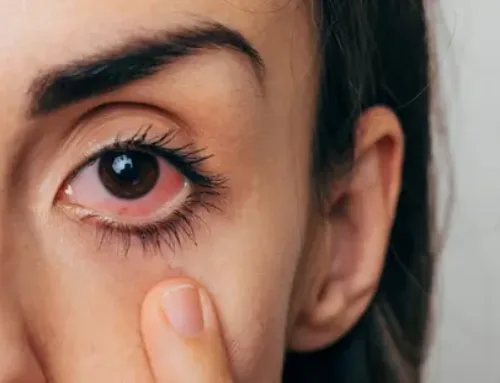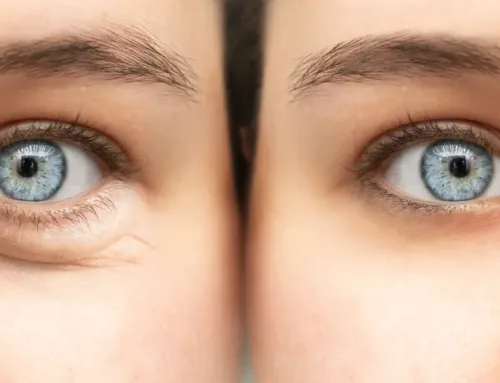Chronic conditions, such as diabetes and hypertension, are persistent health issues that require ongoing management and care. These conditions can have far-reaching effects on various aspects of your well-being, including your eye health. Understanding the interconnections between chronic conditions and common eye problems is crucial for taking proactive steps to safeguard your vision and overall health.
The Interconnection Between Chronic Conditions And Common Eye Conditions
Chronic conditions and common eye conditions are intricately linked, with each influencing the other in various ways. Understanding these connections is crucial for maintaining optimal eye health and preventing vision-related complications.
1. Diabetes and Eye Health:
- Diabetic retinopathy: Uncontrolled blood sugar levels can damage the blood vessels in the retina, leading to diabetic retinopathy, which can cause vision loss or blindness if left untreated.
- Cataracts: Individuals with diabetes have an increased risk of developing cataracts at an earlier age compared to those without the condition.
2. Hypertension and Eye Health:
- Hypertensive retinopathy: High blood pressure can damage the delicate blood vessels in the retina, causing vision problems or even vision loss.
- Optic neuropathy: Chronic hypertension can lead to optic nerve damage, potentially resulting in vision impairment or blindness.
- Increased risk of cataracts: Uncontrolled hypertension has been linked to a higher incidence of cataract development.
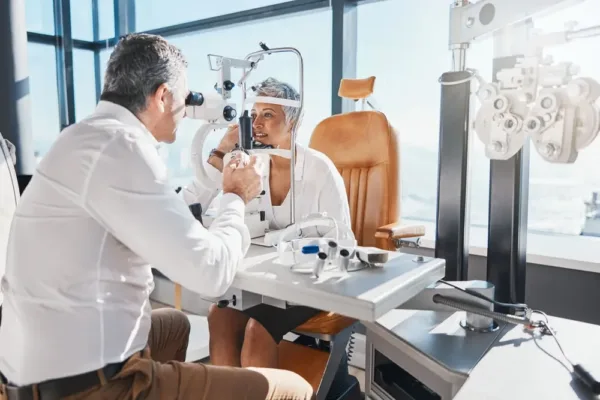
The Importance Of Managing Chronic Conditions For Eye Health
Managing chronic conditions like diabetes and hypertension is not only essential for your overall health but also crucial for preserving your vision and preventing eye-related complications. Here’s why it’s so important:
- Early Detection and Treatment: Regular check-ups and monitoring of chronic conditions can help detect potential eye problems early, allowing for timely intervention and treatment.
- Preventing Vision Loss: By keeping your chronic conditions under control, you can significantly reduce the risk of vision loss or blindness associated with conditions like diabetic retinopathy, hypertensive retinopathy, and optic neuropathy.
- Slowing Cataract Progression: Effective management of diabetes and hypertension can help slow the progression of cataracts, potentially delaying the need for surgical intervention.
- Improving Quality of Life: Maintaining good vision is essential for performing daily activities, enjoying hobbies, and maintaining independence. By managing your chronic conditions, you can preserve your vision and enhance your overall quality of life.
Managing Blood Sugar Levels For Better Vision
If you have diabetes, maintaining optimal blood sugar levels is crucial for preserving your vision and preventing eye-related complications. Use a glucose meter to check your blood sugar levels as recommended by your healthcare provider. This helps you identify patterns and make adjustments to your diet, exercise, or medication as needed.
Adopt a balanced, nutrient-rich diet that emphasizes whole foods, such as fruits, vegetables, lean proteins, and whole grains. Limit your intake of processed foods, sugary beverages, and foods high in saturated and trans fats.
Exercise can help regulate blood sugar levels and improve insulin sensitivity. Aim for at least 30 minutes of moderate-intensity physical activity most days of the week, or as recommended by your healthcare provider.
If you have been prescribed medications to manage your diabetes, such as insulin or oral glucose-lowering drugs, take them as directed by your healthcare provider.
Schedule regular comprehensive eye exams with an eye doctor to monitor your eye health and detect any potential vision-related complications early. By effectively managing your blood sugar levels, you can reduce the risk of diabetic retinopathy, slow the progression of cataracts, and maintain optimal vision and eye health.
Controlling Blood Pressure To Protect Your Eyes
Uncontrolled hypertension, or high blood pressure, can have serious consequences for your eye health, including an increased risk of hypertensive retinopathy, optic neuropathy, and cataracts. Use a blood pressure monitor to check your blood pressure at home or visit your healthcare provider regularly for monitoring. This helps you identify any fluctuations and make necessary adjustments to your treatment plan.
Maintain a balanced diet rich in fruits, vegetables, whole grains, and lean proteins. Limit your intake of sodium, saturated fats, and processed foods. Regular physical activity can also help lower blood pressure.
If you have been prescribed blood pressure medications, such as diuretics, ACE inhibitors, or angiotensin II receptor blockers, take them as directed by your healthcare provider.
Cataract Prevention Strategies
Cataracts are a common age-related eye condition that can impair vision clarity. While some risk factors for cataracts, such as aging and genetics, are beyond your control, there are proactive steps you can take to help prevent or delay their development:
- Protect Your Eyes from UV Radiation: Exposure to ultraviolet (UV) radiation from sunlight can contribute to cataract formation. Wear sunglasses with UV protection when outdoors and consider wearing a wide-brimmed hat to shield your eyes from direct sunlight.
- Quit Smoking: Smoking is a significant risk factor for cataract development. If you smoke, consider quitting to reduce your risk and protect your overall health.
- Maintain a Healthy Diet: A diet rich in antioxidants, such as vitamins C and E, lutein, and zeaxanthin, may help protect your eyes from oxidative stress, which can contribute to cataract formation. Include plenty of fruits, vegetables, and leafy greens in your diet.
- Control Underlying Conditions: As discussed earlier, managing chronic conditions like diabetes and hypertension can help slow the progression of cataracts and reduce your risk of vision-related complications.
- Attend Regular Eye Exams: Regular comprehensive eye exams with an eye care professional can help detect cataracts early, allowing for timely treatment and management.
Schedule A Comprehensive Eye Exam With Treasure Coast Eye Specialists Today
Effectively managing blood sugar levels, controlling blood pressure, and adopting preventive strategies for cataracts can significantly reduce your risk of vision loss and maintain clear vision. Seeking professional help and attending regular eye exams are vital for early detection, proper treatment, and ongoing monitoring.
For further guidance on how to prevent eye-related complications or to schedule a comprehensive eye exam, visit Treasure Coast Eye Specialists at our office in Port St. Lucie or Stuart, Florida. Call 772-400-2400 or 772-286-0007 to book an appointment today.

